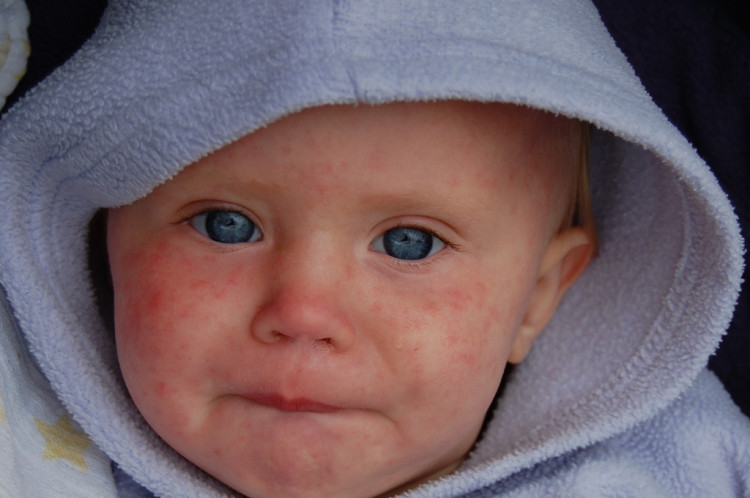The number of measles cases continues to rise in the United States, as a new diagnosis was recently reported in New Hampshire. The latest numbers provided by the Centers for Disease Control and Prevention (CDC) revealed there are 228 confirmed measles cases in 12 states as of March 7 of this year.
The 12 states with confirmed measles cases in the U.S. include Washington, Texas, Oregon, New York, New Jersey, Kentucky, Illinois, Georgia, Connecticut, Colorado, California, and New Hampshire. These outbreaks were reportedly linked to travelers who visited countries with large measles outbreaks, such as Ukraine and Israel.
Measles outbreaks were reportedly severe in the New York and the Washington states, while the recently infected person in New Hampshire reportedly contracted measles while traveling abroad, which is an often case, as per CDC. In late February, the person traveled via bus from Boston to Manchester, N.H., as reported by TIME.
Measles is a contagious disease, but it can be prevented through a vaccine. It usually spreads through sneezing, coughing, and other close contacts; with symptoms such as cough, runny nose, fever, body rash. It could also lead to severe complications including pneumonia, brain swelling, and even death. But, CDC noted there are no measles-related deaths reported in the US since the year 2015.
While measles was reportedly declared eliminated in the country in 2000, officials said vaccine skepticism contributed to the emerging outbreaks in the US. As the World Health Organization (WHO) reported, the disease is still common in many developing countries. For instance, Japan reportedly had at least 221 cases this year, while there are 881 cases in 19 countries in Europe as of January of this year. The majority of people who contracted measles were unvaccinated, CDC said.
Many people around the world refuse vaccinations due to the concerns about how they work, as well as their safety. Vaccine skepticism further fuels because of misinformation spreading on social media, on anti-vaxxing websites, and even by certain celebrities. Yet, several studies have already pointed out there's no autism risk of the measles vaccine.
The measles vaccine - given as part of the measles, mumps, rubella (MMR) vaccine - is the best way to prevent the disease. It is reportedly highly effective at preventing measles, with 93 percent efficiency for one does and 97 percent for two doses. The CDC recommends that children should receive the first dose of the MMR vaccine at about 12 to 15 months of age, and ages 4 to 6 for the second dose.






